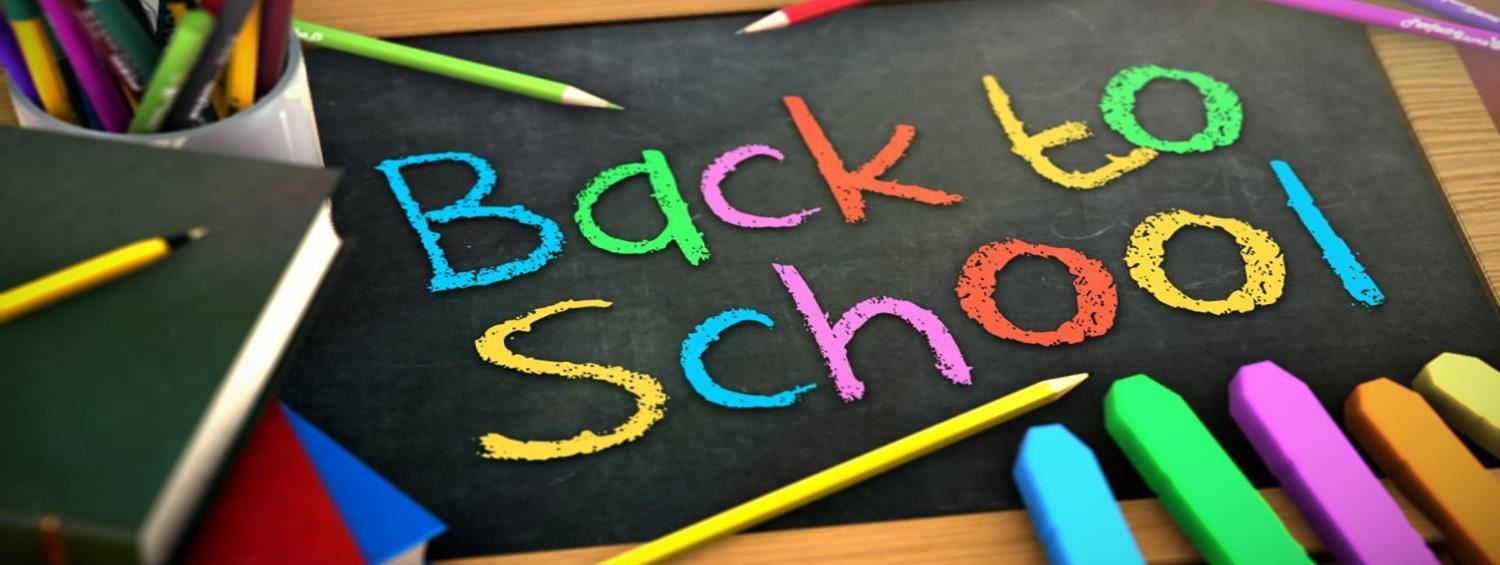
Schools are almost back in session. Parents should remind their young children that markers, crayons, glue, glitter, and other school supplies belong on paper, not in their mouths. Your children should always be supervised when using supplies because they can easily be splashed into the eyes, swallowed or spilled onto skin, and can cause pain.
Be sure to keep these items stored up, away, and out of sight of children: personal care products, medicine including OTC medication, vitamins, and supplements, batteries, chemicals and cleaning supplies, and magnets.
Now, more than ever, schools are using cleaning products called “antimicrobials” to kill germs like bacteria and viruses. Antimicrobials contain chemicals that may cause serious health problems if used in the wrong way or in the wrong amounts. There are two types of commonly used antimicrobials:
- Sanitizers are the weakest antimicrobials available to the public. Some are used to reduce bacteria on surfaces that touch food, while others should only be used for non-food contact surfaces. Always read the label to find out how to safely and properly use any sanitizer.
- Disinfectants kill or prevent the growth of bacteria and fungi. Some also target specific viruses. They are the most commonly used antimicrobial in medical settings, and are also used in residential settings to disinfect household surfaces. Disinfectants should never be used on surfaces that come into contact with food.
Children are especially sensitive to cleaning chemicals like antimicrobials. Cleaning substances that don’t cause harm to adults can still be harmful to students. Natural curiosity increases the chance of a child coming into contact with hazardous chemicals. These scenarios include:
- Licking surfaces or placing hands or objects in their mouth
- Breathing in toxic vapors or fumes
- Absorbing chemical residues through the skin
- Rubbing eyes after touching treated surfaces
- Common cleaners and disinfectants
- Disinfecting wipes
- Alcohol-based hand sanitizers
- Bug sprays and insect repellents
The best way to be prepared for poison emergencies is by programming the Georgia Poison Center number into your phones: 1-800-222-1222.


No comments yet. You should be kind and add one!
The comments are closed.